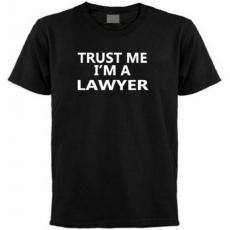Five years ago a barista claimed that Starbucks forced her and co-workers to work off the clock and miss meal breaks. (See our September 17, 2013 blog post.) The case settled a few months ago for $3 million. Thereafter, attorneys for the plaintiffs sought $4.5 million in legal fees for prosecuting the case.
In its motion for attorneys’ fees, the plaintiffs’ law firm contended that years of hard work without any guarantee of a “return on the investment” merited the substantial amount of fees. The plaintiffs’ law firm also made a more intriguing claim for the heightened attorneys’ fees. The law firm argued that the $4.5 million in fees was warranted because it gave up its rights to guaranteed fees by waiving a “clear sailing” provision in the agreement setting the lawsuit.
A clear sailing provision is a clause in the settlement agreement of a class action lawsuit. Under the provision, a defendant agrees not to contest the class lawyer’s petition for attorneys’ fees. Clear sailing provisions have been criticized as providing lawyers on both sides an opportunity to collude to the detriment to the plaintiff workers. Counsel presents an inflated settlement value to the court to justify a higher than justified attorneys’ fees award while reducing the actual cost on the defendant. This results in settlements to plaintiffs that are lower than merited.
Plaintiffs’ lawyers in the Starbucks case had been criticized for obtaining large fee awards compared to small settlements for their clients in prior class action lawsuits. Thus, perhaps it was strategic for the firm to waive the clear sailing provision in the Starbucks case and argue attorneys’ fees separately, only after the case was settled. Ironically, plaintiffs’ law firm argued that it should be paid more in legal fees because it did not include a clear sailing provision in the settlement agreement thereby eliminating the potential that it would act in its own interest to the detriment of its clients.
Wait a minute. Isn’t that what we expect from lawyers? To act in the best interests of their clients even if it is not in the lawyer’s best financial interest? These lawyers asked for more money because they did something that avoided a possible conflict between their clients and their own pocketbook? Excuse me if I am not impressed.
In the end, the attorneys settled for a mere $1.9 million in fees. I’m sure that represents the true value of justice.

